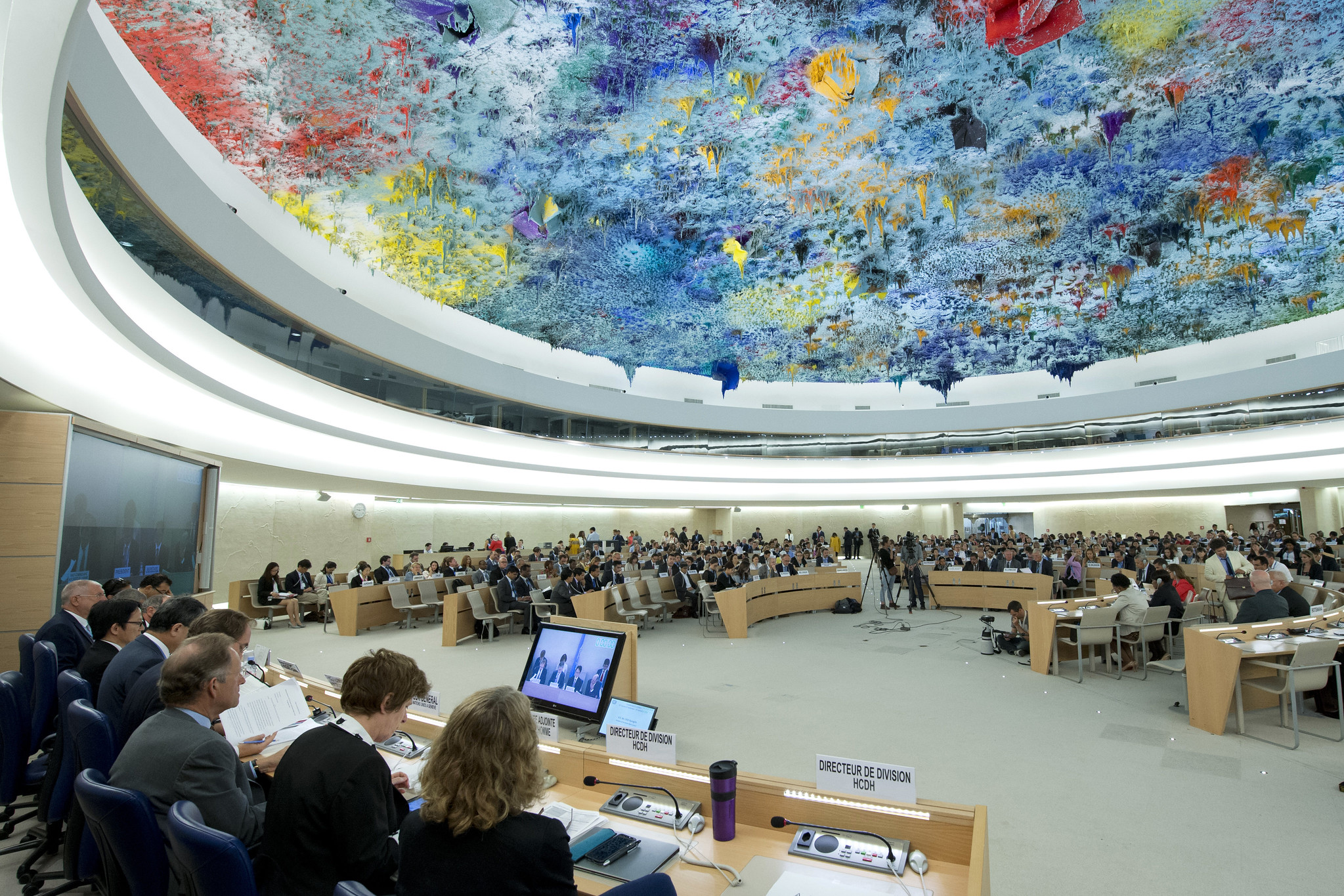United Nations Human Rights Council
58th Regular Session
EID on OHCHR report on Transitional Justice
Item 2
Mr. President, High Commissioner,
The OHCHR report on transitional justice provides useful lessons for the ongoing transitional justice efforts in Libya, where the Presidential Council and the House of Representatives have recently discussed a promising Draft Reconciliation Law. However, initiatives falling short of international standards and political disagreements are undermining the Draft Law and its adoption has stalled.
The ICJ urges the Libyan authorities to bridge their political divide and swiftly adopt a law ultimately in line with the good practices and recommendations outlined in the OHCHR transitional justice report, addressing its five pillars, including accountability and victims’ rights to an effective remedy and reparation, and providing concrete safeguards ensuring the institutional independence of the Reconciliation Commission and the other transitional justice mechanisms.
The ICJ is deeply concerned about Nepal’s prolonged delay in establishing transitional justice mechanisms. In the absence of any relevant regional bodies, this delay has left thousands of conflict victims without truth, justice and reparation, while also contributing to ongoing political instability.
Despite repeated court orders in multiple cases, no investigations have been conducted into allegations of serious human rights violations. The authorities have continued to refer such cases to the yet-to-be-established mechanisms, leaving victims with no avenues to seek justice for the harm suffered.
Despite changes in the law in August 2024, the transitional justice commissions remain dysfunctional. The ICJ urges the government to expedite the appointment of commissioners through a transparent process, ensuring that competent and independent candidates be selected to lead the commissions effectively.
Statement delivered by: Marion VIRONDA DUBRAY, Advocacy Officer
For more information, contact: Sandra EPAL-RATJEN, Sandra.epal@icj.org
Download
The full ICJ statements during the enhanced interactive dialogue is available for download here.
Watch





